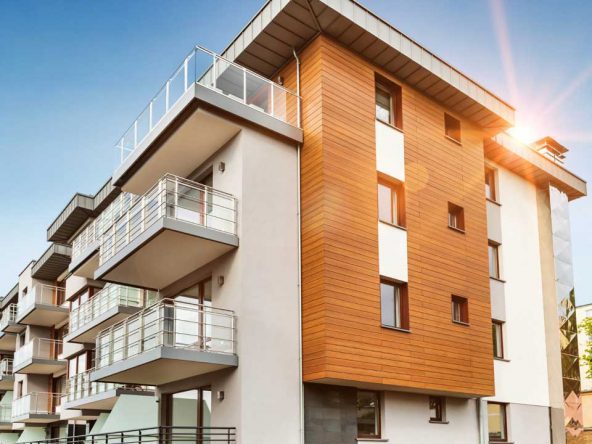Our team attended the recent Kenya Property Developers Association (KPDA) Annual Conference with the theme “Re-Imagining the Future of the Real Estate Industry.” The conference covered key topics such as achieving affordable housing; methodologies to uplift urban housing and planning in Kenya; progressive building technologies, Proptech and smart living; green real estate financing or sustainable lending in real estate; and REITS and capital markets. The panel discussions and presentations were engaging and insightful, and as writers and editors, we prioritize our readers’ interests and have taken the initiative to provide important takeaways from the conference for your benefit.
Creating Sustainable Communities
To build truly sustainable communities, we need to think beyond just providing homes. We need to create places where people can live, work, and play, with access to green spaces, amenities, and services.
Infrastructure Access
Access to basic infrastructure such as roads, water, and electricity is essential for making construction sites development-ready and supporting the growth of affordable housing.
Improving Logistics
The logistics market in Kenya is underdeveloped, leading to a lack of adequate infrastructure and services to support the movement of goods. The logistics market is the industry that provides the infrastructure and services needed to move goods from one place to another including transportation, storage, and distribution of goods, as well as the management of supply chains. Improving logistics could help reduce the cost of construction and increase the supply of affordable housing.
Innovative Financing Models
One of the biggest challenges in the affordable housing sector is access to financing. It is important to explore innovative financing models that can help developers bring more affordable homes to market.
Using Taxes as Incentives
Taxes is an incentive system. Therefore, tax exemptions or reductions can be used to incentivize the development of affordable housing as they would help offset the cost of building affordable housing and make it more financially feasible for developers.
Clarifying the Difference between Affordable and Social Housing
There is confusion around the difference between affordable housing and social housing, which can impact the availability of incentives to support the development of affordable housing in Kenya.
Government Support
Without government support, building affordable housing can be more expensive than building market-rate housing. The government should consider the forms of support that can increase the financial viability of affordable housing for developers.
Intentional Urban Planning
There is a need to be more intentional about urban planning in Kenya. Without proper planning, it is challenging to create the infrastructure needed to support affordable housing development.
Titling Process Inefficiencies
The inefficiencies in the titling process were also discussed as a significant obstacle to affordable housing development, with delays causing frustration for developers.
Property Technology
The property industry has not provided property technology or PropTech with the same level of attention as other forms of technology such as Fintech. The lack of attention paid to PropTech in Kenya is a missed opportunity for innovation and efficiency in the industry.
Smart Home Technology
Smart homes use advanced automation and internet of things (IoT) technology to provide homeowners with greater control over their living spaces, enhancing comfort, convenience, and security. In the real estate industry, builders, developers, and technology companies can work together to create more sustainable, efficient, and responsive living spaces for the future through smart home technology.
Investor Sensitization
Investor sensitization can be an important factor in the success of Real Estate Investment Trusts (REITs) in Kenya. It can help to increase investor awareness and understanding of REITs, which may lead to greater participation in the market.
Local Talent Pool
The ease of doing business in Kenya is not enough to attract foreign investors if there is a shortage of skilled professionals to support the industry. There is a need to focus on developing local talent to drive growth and innovation.
Conclusion
From the discussions, it is apparent that while there are opportunities to shape the future of the real estate industry, there are also significant challenges that need to be addressed. This requires a multi-pronged approach that takes into account logistics, incentives, financing options, urban planning, titling, technology, and talent development. By attending to these challenges, we can create a more vibrant and sustainable real estate industry in Kenya that benefits both developers and communities.





